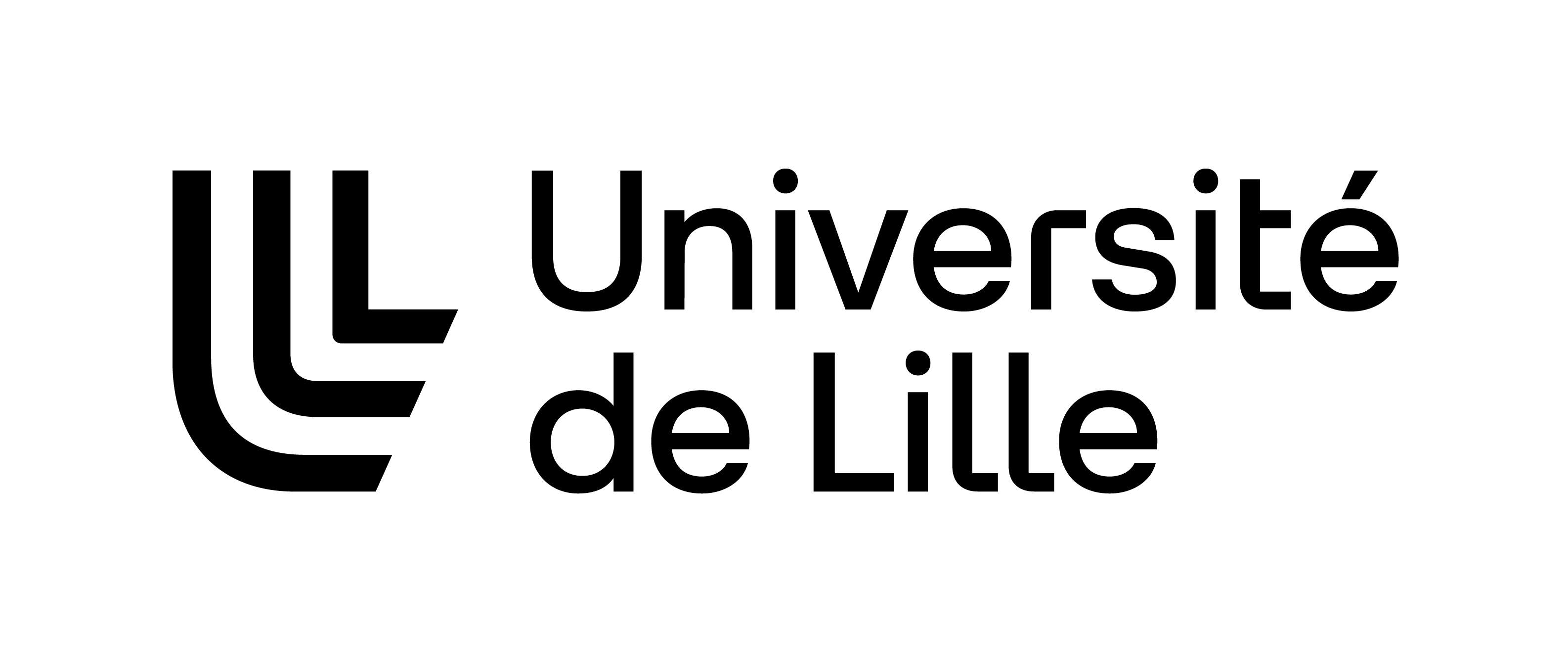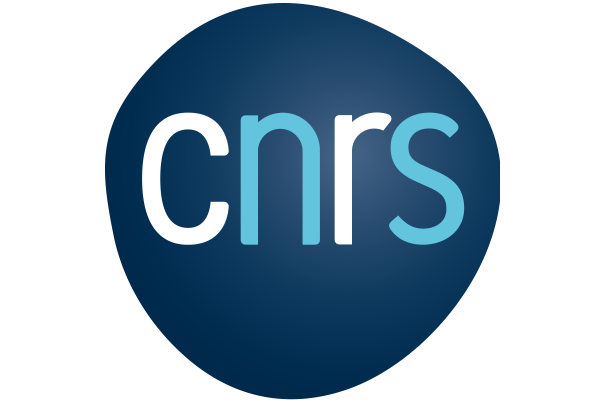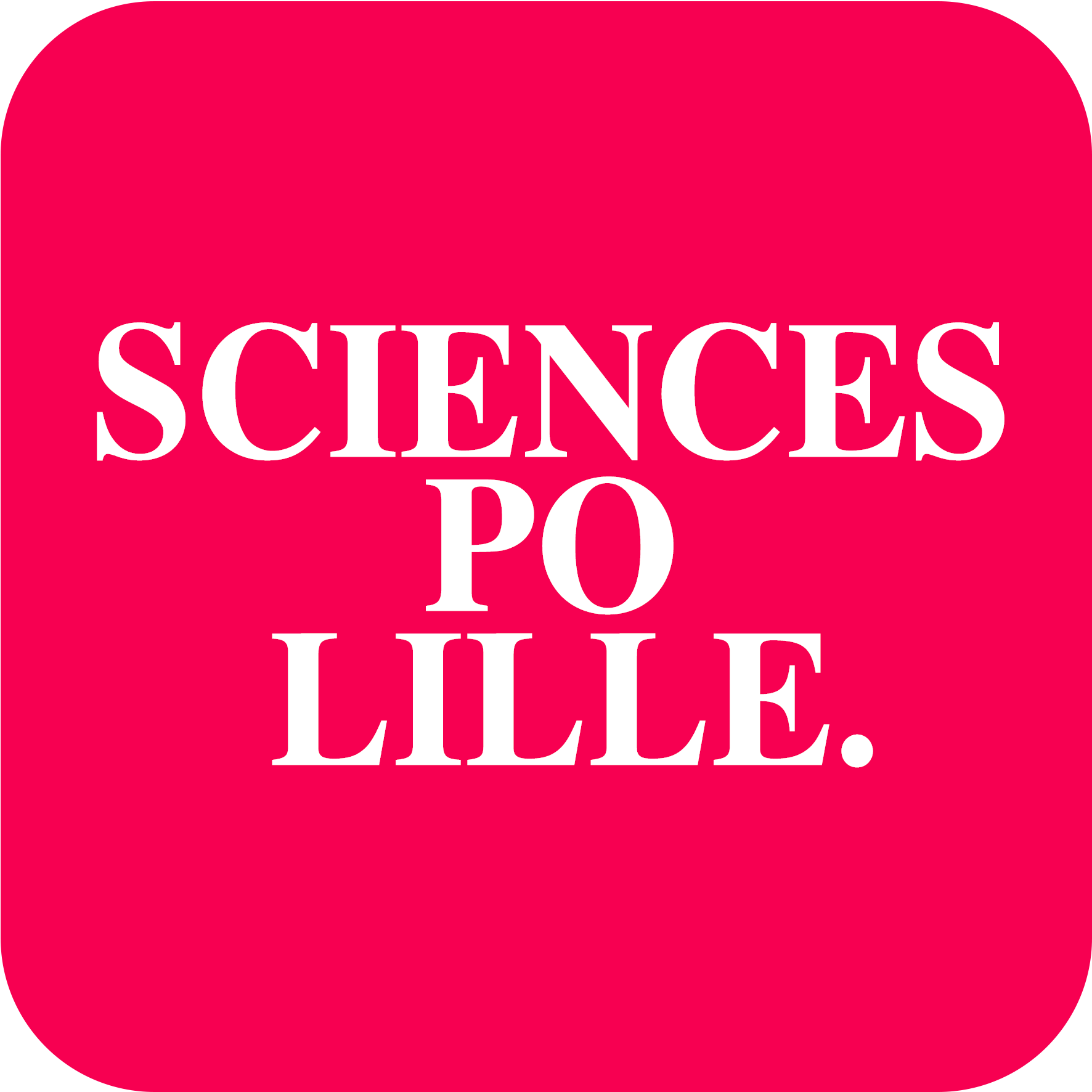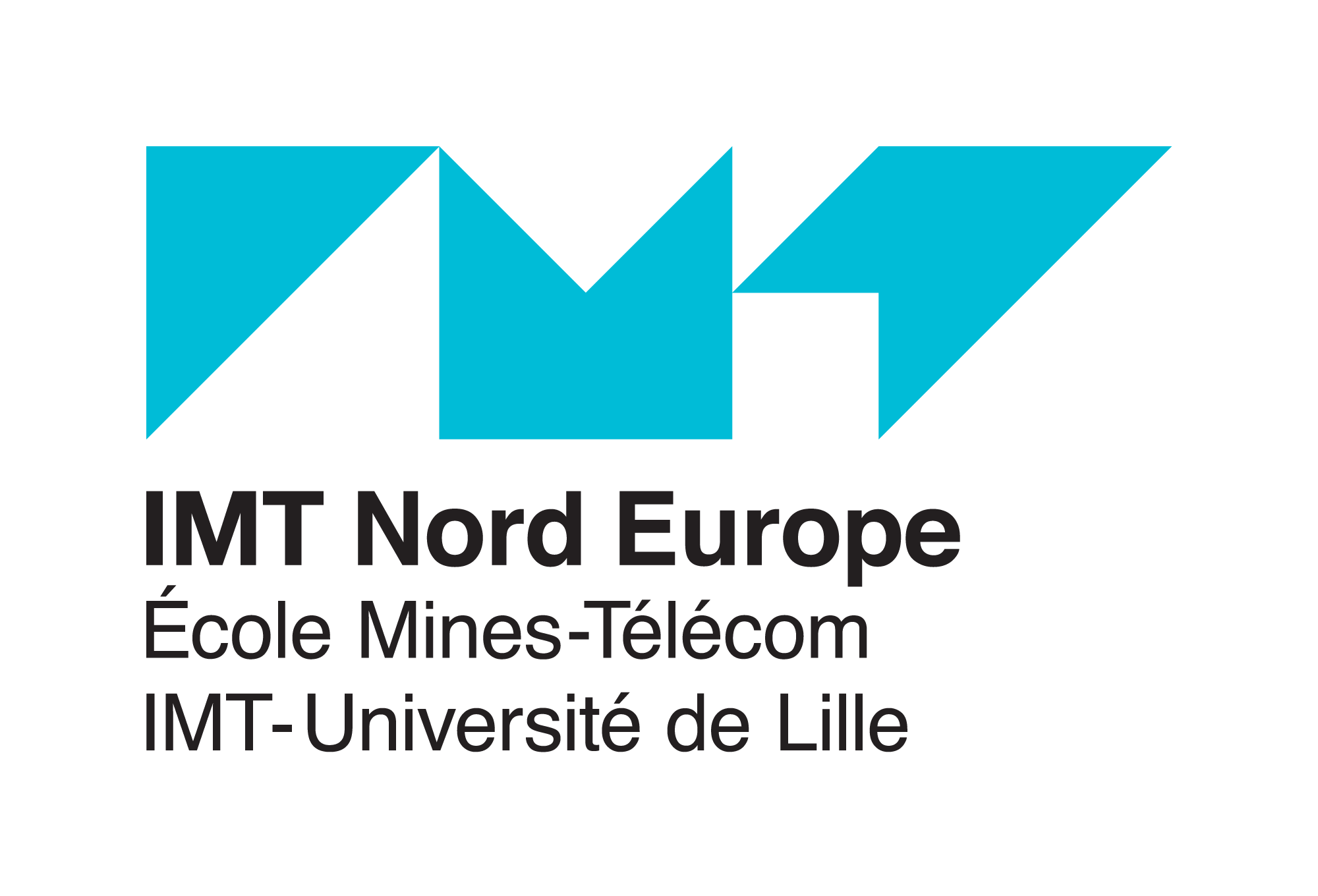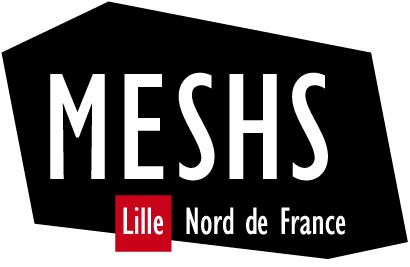-
Bioeconomy
-
Energy and Environment
-
Health and Nutrition
-
Societal and economic transition & Risk management
The Lille Centre for Sociological and Economic Research and Studies (CLERSE )
Research unit - UMR 8019
The research activities of our center are at the intersection of sociology, economics, and anthropology, promoting dialogue and exchange between these disciplines on common topics. The work focuses on contemporary, post-industrial or developing societies in Europe and other regions of the world. Depending on the subject matter and the projects, the work offers perspectives for comparative research in other areas (e.g. Europe, Central Africa, South Africa, Argentina, Southeast Asia, Canada). Some of the fields mobilized are the sociology of work, the family, education, gender, the environment, health, deviance, social movements, the economics of sustainable development and the environment, health, work, services .... Clersé analyzes and questions social, economic and environmental vulnerabilities. Open to the industrial, institutional, and associative communities as well as to academics, we propose services in line with our expertise.
- Marie-Pierre Coquard
Bâtiment SH2, avenue Jean Perrin
Campus Cité Scientifique, Université de Lille
59655 VILLENEUVE D'ASCQ

Effectif
Effectif total : 265
Personnel de recherche : 99
Personnel d'appui à la recherche : 8
Skills
Public policy support
- care supply, care pathways, health professionals, impact of diseases on the social life of patients and their families
- loss of autonomy, home care and services
- childcare, social policies in the medico-social and youth fields
- mobility and residential options of households
- prevention practices and policies (health, family, prison, delinquency)
- family; social inequalities and social exclusion
- prison environment, penal policy, care of minors, juvenile delinquency and social work
- indicators and measurement of social utility, social economy
- support to employment and intermediation on the labor market (employment policies)
- professional groups
- city policy, urban segregation, migration
Work
- gender equality in the workplace
- working conditions; psychosocial risks
- health and well-being at work; presenteeism and absenteeism at work
- health insurance and health at work, health inequalities (employees, self-employed workers including liberal professions, farmers, lawyers, etc.)
- economic behaviors (social preferences, market behaviors...)
- work organization and working hours within companies
- labor market, segmentation and subcontracting, corporate strategy and impact on employees (working conditions and employment)
- professional groups and their transformations (health, sport, culture, industry, services, small trade and crafts, etc.)
- human resource management
- service relations
- adaptation of firms to fluctuations in demand and flexibility of employment
- residential and professional mobility of employees in the face of company restructuring
- reconciliation of family and professional life
- statistics, research, studies, support and evaluation (public or private companies, professional branches and employee trade unions)
- demographic analysis of companies and establishments, engineering of social science surveys
- social relationships and social relations at work, professional environments and collective mobilizations
- networks and group dynamics, social and digital networks, social networks (survey methods, corpus, big data)
Environment and sustainability
- support in development (local, global)
- study of biodiversity and ecosystem services
- studies of anthropized environments and socio-ecological systems (e.g., water management, coastal management and planning)
- global public goods
- climate change and environmental, economic and social impact
- agricultural practices and environmental resources
- crisis management related to climate and industrial hazards (vulnerability and human protection)
- urban planning, industrial and urban wastelands in relation to biodiversity
- the uses of nature
- indicators of sustainable development
- sustainable development and territories, transport flows and environment, economic evaluation, sustainable transport
- corporate social and environmental responsibility
Innovation in services
- analyses of innovation in services in the public and private sectors
- care, human services (quality of work and services) and assistance at home
- development of short circuits and sustainable agricultural systems
- services related to biodiversity
- social and solidarity economy
- service economy and circular economy
- hospitals
- cleaning sector and unqualified jobs
- innovation networks and territorial development, innovation strategy of companies
- sustainable services and typology of service activities, innovation and public-private partnership, productivity and performance
Example(s) of projects
- CFDT research project: "Prospects for improving employment and work in the personal care services and cleaning". Coord. François-Xavier Devetter (2020-2022)
- Research grant agreement with the USH (Union Sociale pour l'Habitat) for the research program on the sale of low-income housing (2020-2023): project "Social landlords and buyers faced with the "marketing" of social housing. A comparison of tight and slow markets in the Hauts-de-France region". Coord. at Clersé Cécile Vignal (2020-2023)
- Research agreement with DREES: "Trajectories of poverty: profiles, determinants and consequences. French approaches and European perspectives". Coord. Pierre Blavier (2020-2022)
- Public contract with DARES - project "Analyzing the implementation of the experimental program to reduce long-term unemployment. Lot 4: Urban territories: European Metropolis of Lille, Paris 13, Villeurbanne". Coord. Florence Jany-Catrice
- Hauts-de France Region Call for projects on agricultural systems and environment in Nord -Pas de Calais: NORE-AGRIA project "Environmental standards - Agricultural activities and farm autonomy". Coord. Sylvie Célérier (2017-2019)
- Agreement with IFAD (United Nations International Fund for Agricultural Development) and CIRAD: MASSIRE project "Integrating multiple water sources and local institutions for enhance food security in North Africa's hinterland by reinforcing agricultural & rural innovation systems". Coord. at Clersé Olivier Petit (2019-2023)
Se our ongoing and completed research projects here.
Example(s) of publications
• Laurent Cordonnier, Thomas Dallery, Vincent Duwicquet, Jordan Melmies, Franck Van De Velde : "The (Over)Cost of Capital: Financialization and Nonfinancial Corporations in France (1961–2011)", Review of Political Economy, N°31 pp.407-429 (2019)
• Chantraine, Gilles ; Scheer, David - Performing the enemy? No-risk logic and the assessment of prisoners in “radicalization assessment units” in French prisons, 2020 🡭
• Sobel, Richard - Marx’s Law of value and the ontology of labour: a Castoriadian critical point of view, 2020 🡭
See the full list of our publications here and here.
Collaborations/Partners/Scientific clients
Local:
- The Clersé, together with the University of Lille and the CEREQ CAR of Lille, contributes to the PIA 3 project "A Vous le Sup" whose ambition is to "reduce inequalities" by accompanying high school and college students from problem neighborhoods.
- The Clersé contributed to the creation of the ChairESS in Nord Pas de Calais "Interdisciplinary and inter-university chair of social and solidarity economy and territorial sustainability", a pioneer in France.
International:
University of Buenos Aires-CONICET (Argentina),Université Libre de Bruxelles (Belgium), University of Sao Paulo (Brazil), Federal University of Rio de Janeiro (Brazil), University of Laval (Canada), University of Montreal (Canada), University of Bangui (Central African Republic), Complutense University of Madrid (Spain), University of Arizona (United States), Cornell University (United States), Kwansei Gakuin University (Japan), University of Kent (UK)
International networks:
AISFL (Association internationale des sociologues de langue française), EUSARF (European scientific association on residential and family care for children and adolescents), GERN (Groupe européen de recherches sur les normativités), RESER (European association for research on services), RIODD (International Research Network on Organizations and Sustainable Development)
Collaborations/Partners/Private Clients
• IRES-CGT projects "Investing in the care sector and the link to others: A challenge for equality between women and men. Quantitative approach" and "Unexpected, even perverse effects of state support to companies";
• CFDT Federation, project "Prospects for improving employment and work in the personal care and cleaning ";
• Syndicat Mixte du Parc naturel régional des Caps et Marais d'Opale, project "Analysis of the perception and the representations of the Boulonnais Bocage and the associated ecosystem services";
• DigestScience Foundation, project "Sociological survey within the framework of the HEROIC project on Crohn's disease" ...
Applications sectors
- Energy
- Health / wellness
- Art / Culture
- Agriculture
- Administration / Public sector
- Education / Training
- Personal services / services to individuals
- Science / Research
- Water
Services provided
Examples :
- implementation of indicators and measurement of social utility, social and solidarity economy as a vector of employment
- organization of work and working time within companies
- analysis of the labor market, segmentation and subcontracting, corporate strategy and impact on employees (working conditions and employment)
- analysis of professional groups and their transformations (health, sports, culture, industry, services, small trade and crafts, etc.)
- services for training and employment stakeholders : statistics, research, studies, support and evaluation (public or private companies, professional branches and employee trade unions)
- demographic analysis of companies and establishments, engineering of social science surveys
- analysis of ocial relations at work, analysis of professional environments and collective actions.
- sociological surveys in the health field (hospital, Ehpad)
- network analysis and group dynamics, social and digital networks, social network analysis (surveys, corpus, big data)
- decision support in urban planning, industrial and urban wastelands in relation to biodiversity
- implementation of sustainability indicators
- evaluation and studies of ecosystems systems
- ethno-sociological surveys
- analyses (public and private sectors) of innovation in services
...
Training offers
Examples of training courses:
• Graduate School:
- Sociology program - Cities and New Social Issues
- Economics Program - Public Action, Institutions, Social and Solidarity Economy
• Master's degree in sociology
• Master's degree in Labor Economics and Human Resources
• Master's degree in Public Economics and Management
See all FASEST courses: https://fasest.univ-lille.fr/formations/catalogue-des-formations/
Consulting services
For example, we worked with the following institutions:
• Assemblée Nationale;
• International Labour Office (ILO);
• Grand Lille Committee;
• Economic, social and environmental council of the Hauts-de-France region (CESER)
• Department of the North;
• General Directorate for Social Cohesion;
• Ministry of Solidarity and Health;
• Ministry of Labor;
• The Nord Departmental Observatory for Child Protection;
• Rectorat de l'Académie de Lille ....
or other organizations:
• Adomicile 49;
• National Association of Local Mission Directors;
• Cooperate to train;
• Fédération des acteurs de la solidarité Nouvelle-Aquitaine;
• Pole emploi Bretagne;
• URIOPSS Hauts-de-France ....
Affiliated institutions / organisations
Partner institution(s)
Groups/Networks/Federations
Doctoral schools
Regional strategic areas of activity
- Bioeconomy
- High-performance and sustainable buildings
- Sustainable production and mobilization of bioresources
- Energy and Environment
- Biodiversity
- Circular economy
- Efficient and sustainable buildings (eco-construction, eco-renovation)
- Observation, monitoring and management of the environment
- Sustainable cities
- Health and Nutrition
- Prevention, well-being and the silver economy
- Safe, healthy and sustainable food
- Societal and economic transition & Risk management
- Industrial and territorial ecology
- New economic models
- Public and European policies
- Resilience, risk factors and fragility
- Societal issues, employment, inclusion, social innovation
- Territories, heritage and culture
